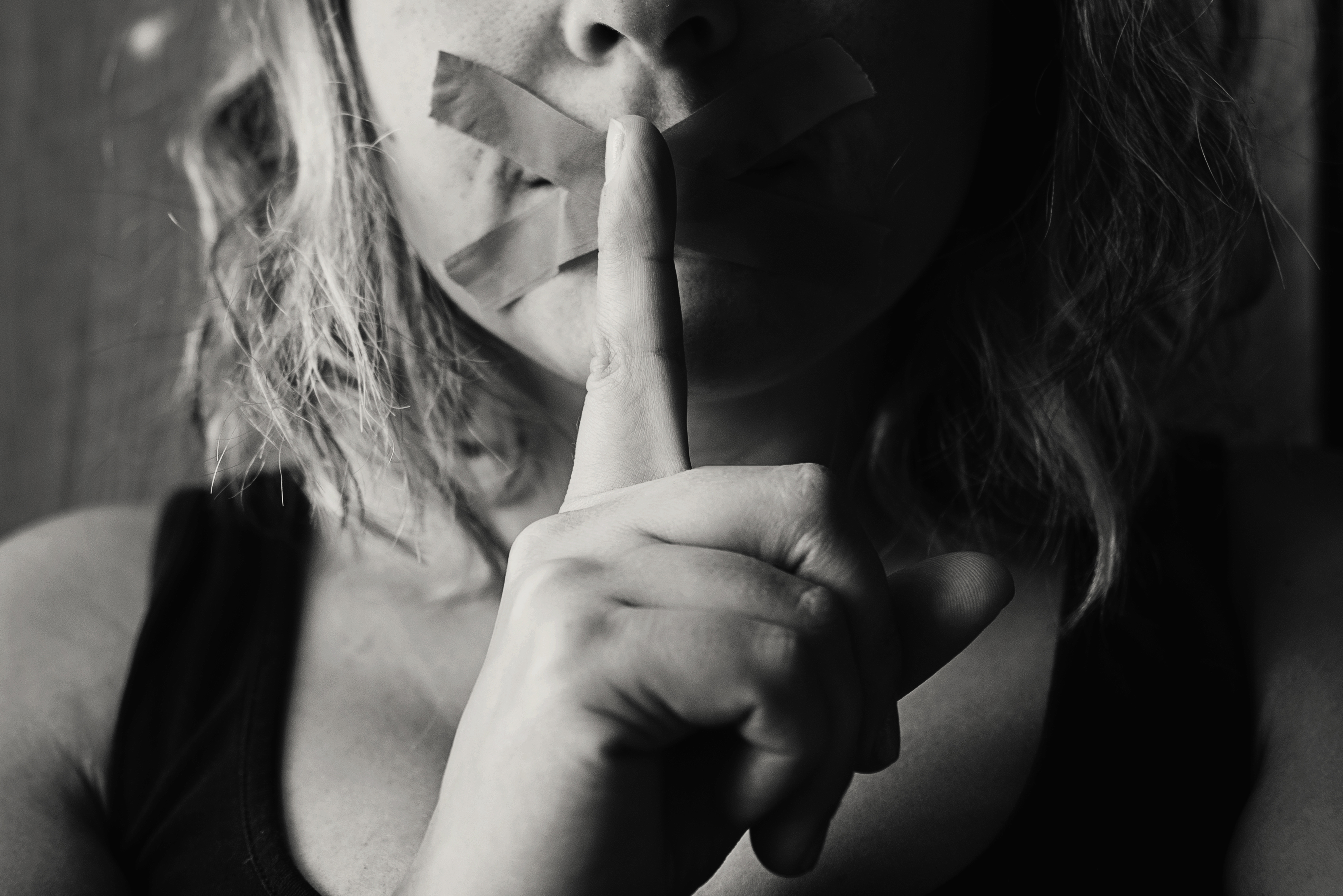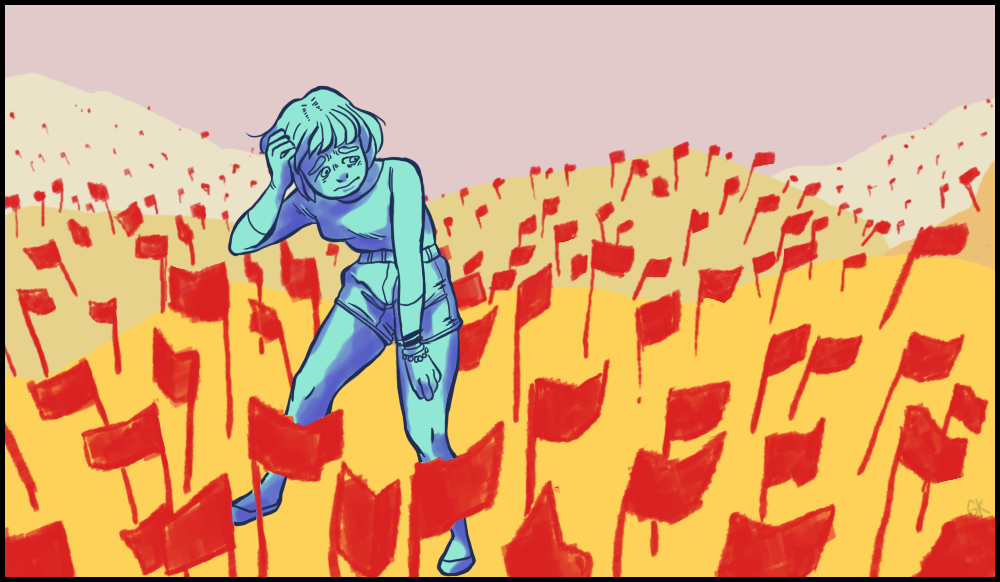
Let me tell you how. Imagine a girl was suffering from a breast lump. She just got it checked through a male surgeon. She came home, checked her facebook and there it was. A friend request from that doctor.
Here’s a hypothetical (and when I say hypothetical, I mean, a narration about an actual thing that happened to an actual person I know): Imagine you’re a medical professional, female, of some specialization. A patient, male, requests your mobile number after a consultation because they may have follow-up questions regarding their treatment plan. That very night, said patient sends you an unsolicited picture of their junk on WhatsApp. This is what women open themselves up to in daily interactions, professional or otherwise, with men the world over.
This is not an isolated incident.
Doctors of the female variety are constantly plagued by unwelcome advances and *ugh* wanton photographs of genitals by male patients via messaging apps or social media, the latter made possible by technology linking mobile numbers with online presences. Patients of the female variety are constantly plagued by unwelcome advances and *sigh* wanton photographs of genitals by male doctors via messaging apps or social media. In this case, doctors are even able to leverage these professional relationships into situations where they can molest said patients.
Spot the common (male) thread?
When women cry afoul of being invited up to hotel rooms for “script reading” or “film castings”, they’re not being ridiculous or paranoid. It’s because powerful men like Harvey Weinstein and Bill Cosby have used that inane action to perpetrate decades of harassment and sexual assault. That “innocent” social invite, that “just a friend request”, is “just” the opening gambit used to establish a foothold in the lives of women with the express purpose of non-consensual behavior.
This brings me to furor surrounding the Sharmeen Obaid Chinoy tweets. Was it “just” a friend request? If you look at that sole action in a bubble, then no. However, those ignoring the broader context, in this case the institutionalized sexual harassment by men that goes on in every aspect of society, have successfully created a counter-movement of loud, angry vitriol against this issue. What does this noise, this #notallmen-esque hullaballoo achieve? Smudging the fact that for a lot of women, these seemingly innocuous interactions with men are exactly how the latter manage to create an opening for future harassment and exploitation. With doctors, there is a greater ethical responsibility on them with regards to the doctor-patient relationship – more and more medical associations across the world are warning against fraternizing with their patients on social media since it leads to a blurring of boundaries – exactly what a potential harasser is looking for.
Harassment in Pakistan is rampant in general, and poorly handled – just look at the results of the #MeToo hashtag from a few weeks ago. An overwhelming number of women have experienced harassment or assault at the hands of men, in one way or another, over the course of their lives. These things do not happen in a vacuum. They happen because the men behind these actions live in a society they and others before them have sculpted in ways to let them get away with it, to rewire brains till people consider grabbing a young nephew or niece’s buttocks as “playful” or “friendly”.
Consider this: it is one thing to take harassment casually, or to ignore the victim, as most of us are often guilty of. It is wholly another thing to create a narrative that blames the victim, it is what leads to monsters like Cosby, Weinstein and Trump.
It is this sort of blurring of boundaries, this public shaming of victims, that creates openings for predators to act in. So, the next time a woman calls out a seemingly harmless act as harassment, or a prelude to it, take a step back and think: what is more important? Creating safe, inclusive spaces for everyone or maintaining the status quo that has allowed countless women and men to be exploited and taken advantage of.
Share your stories and opinion below


A much needed discussion